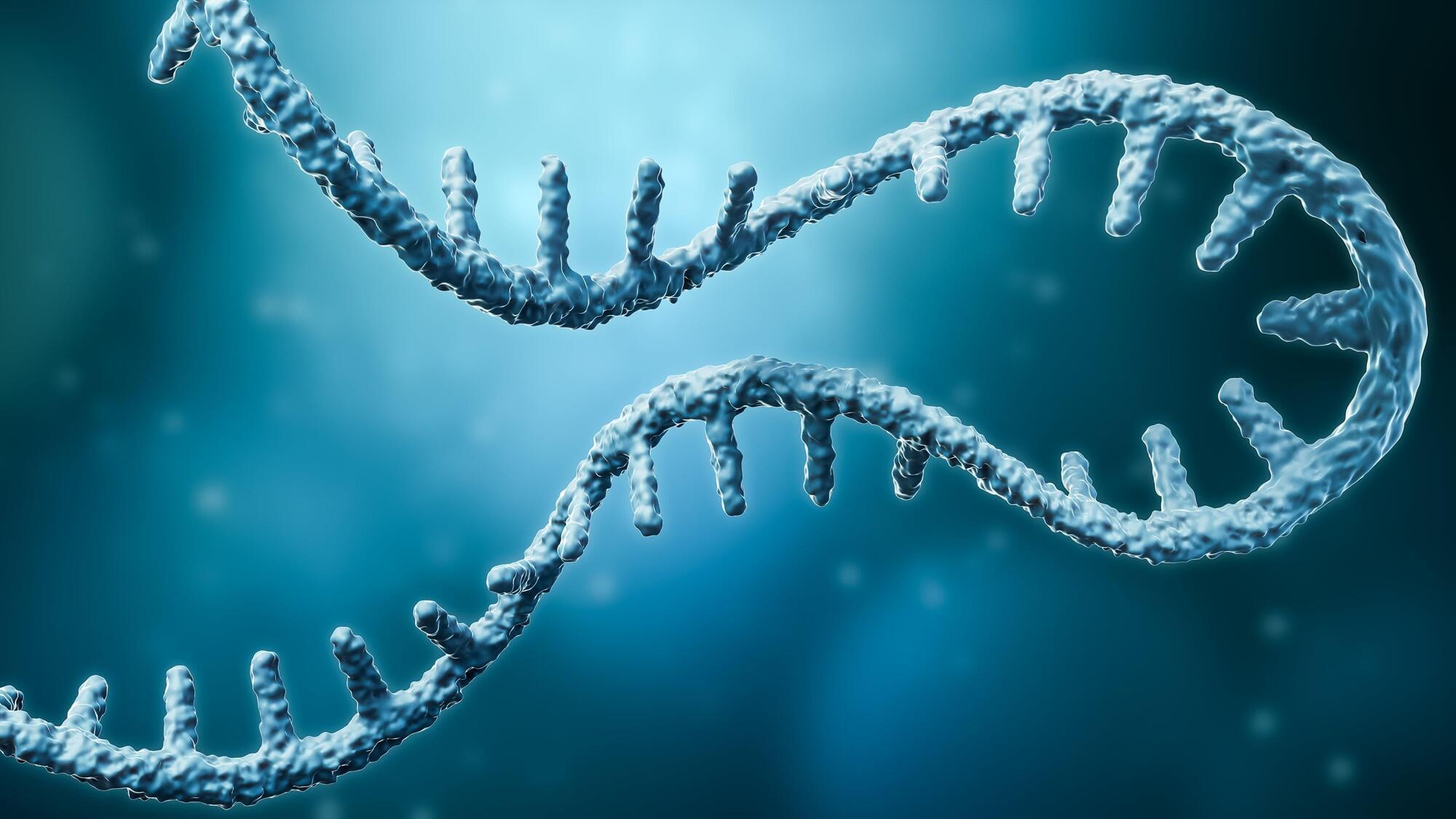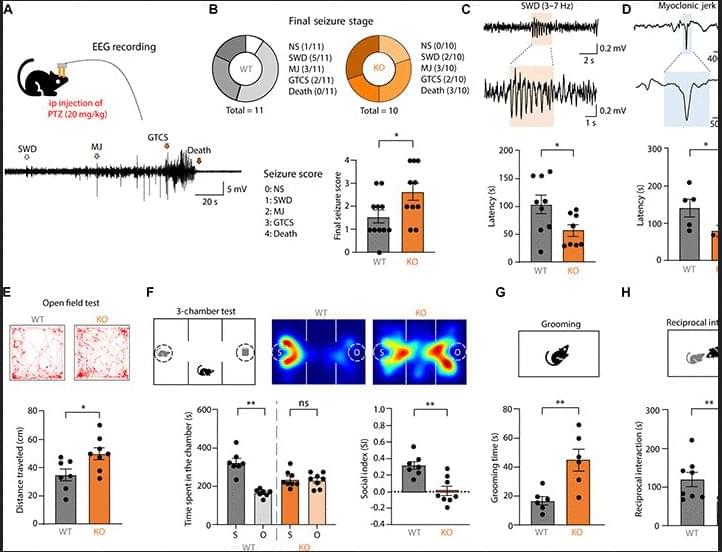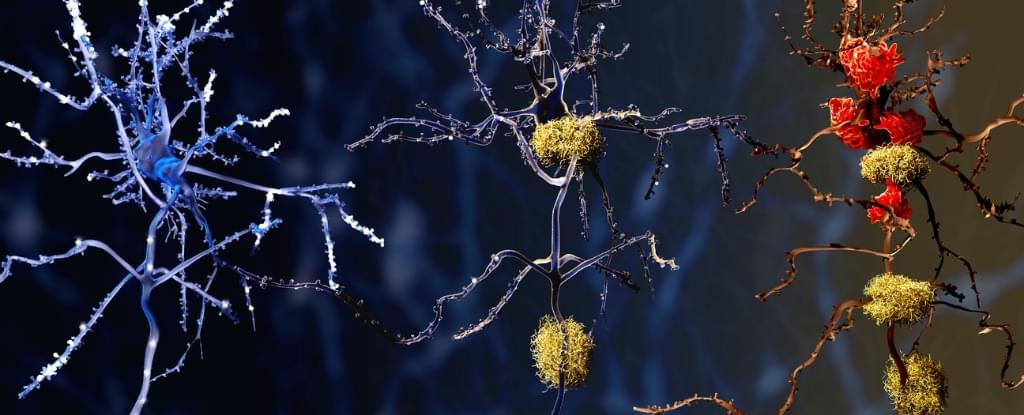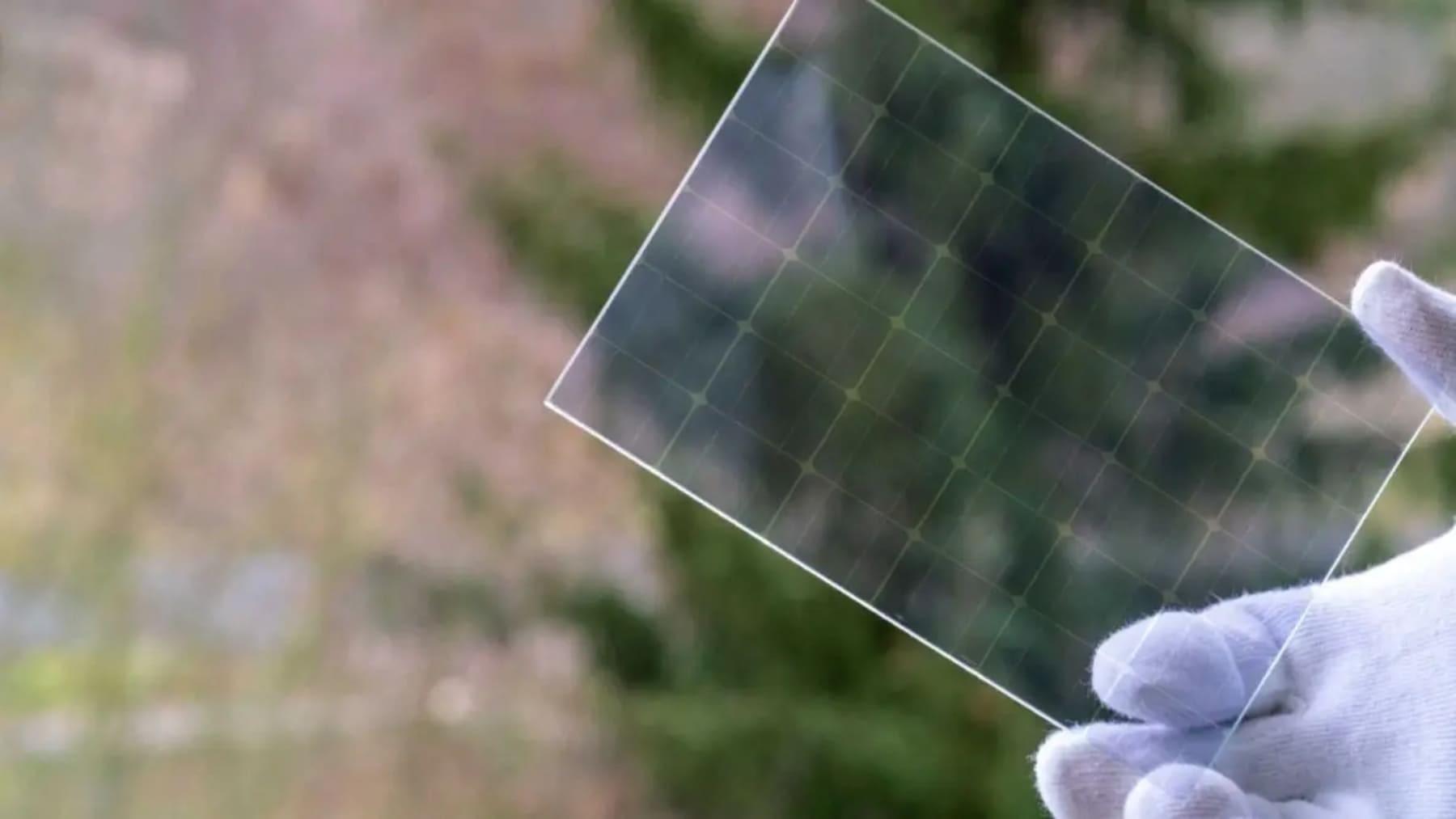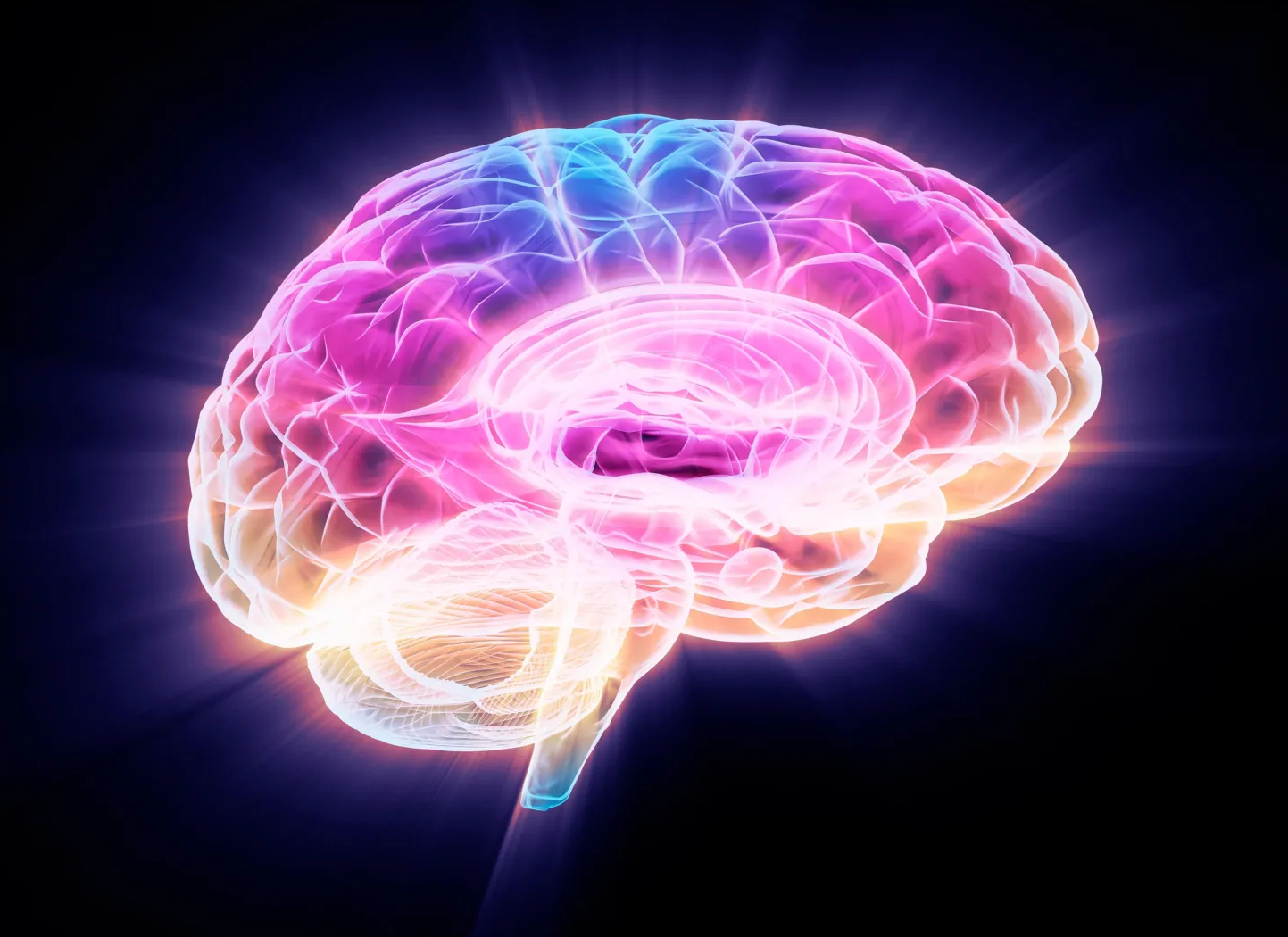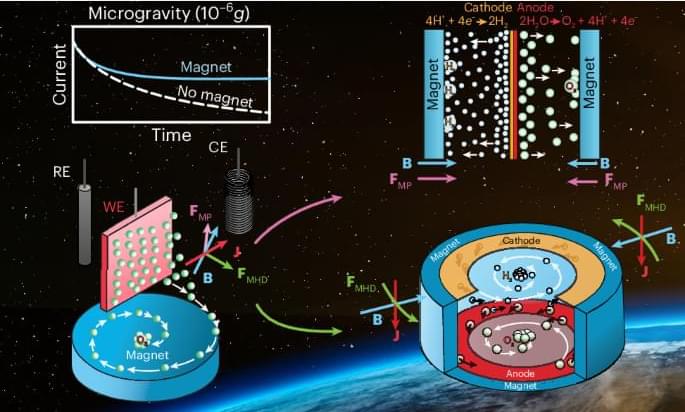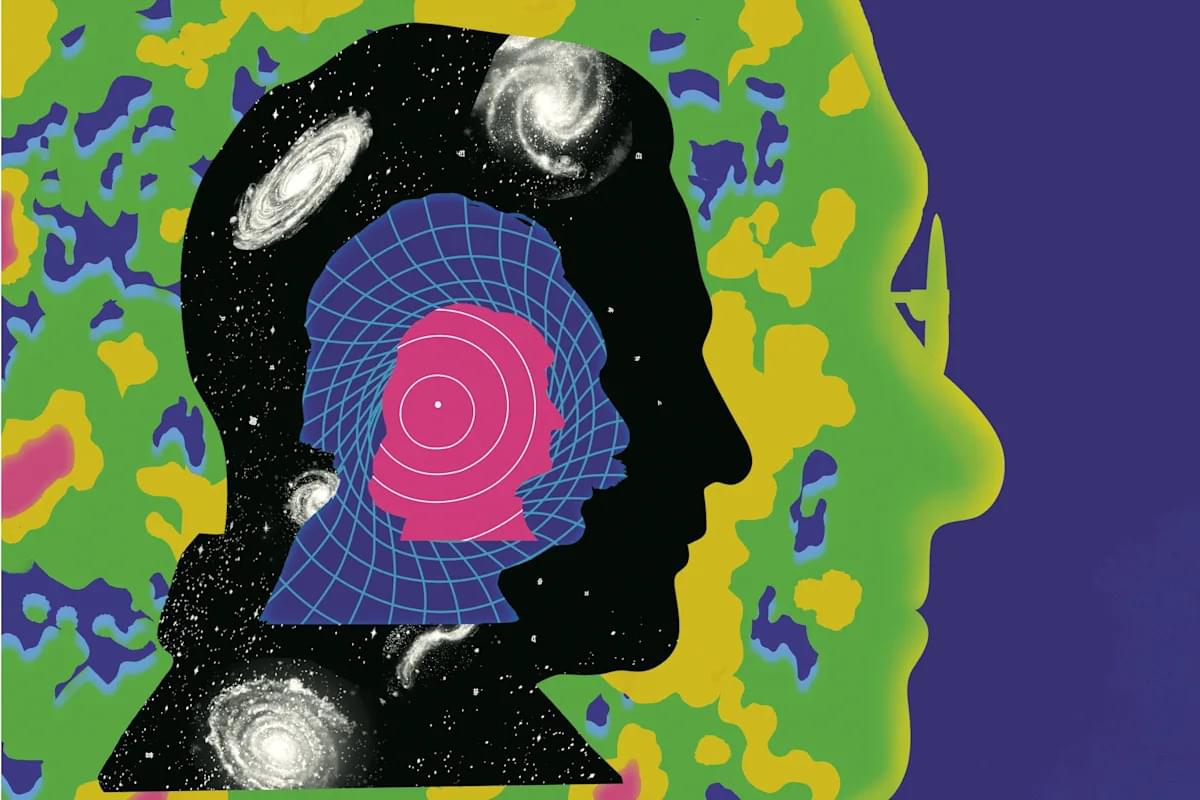LOS ANGELES — A new drug-releasing system, TAR-200, eliminated tumors in 82% of patients in a phase 2 clinical trial for individuals with high-risk non-muscle-invasive bladder cancer whose cancer had previously resisted treatment.
In the majority of cases, the cancer disappeared after only three months of treatment, and almost half the patients were cancer-free a year later.
“Traditionally, these patients have had very limited treatment options. This new therapy is the most effective one reported to date for the most common form of bladder cancer,” said Sia Daneshmand, MD, director of urologic oncology with Keck Medicine of USC and lead author of a study detailing the clinical trial results published in the Journal of Clinical Oncology. “The findings of the clinical trial are a breakthrough in how certain types of bladder cancer might be treated, leading to improved outcomes and saved lives.”#
